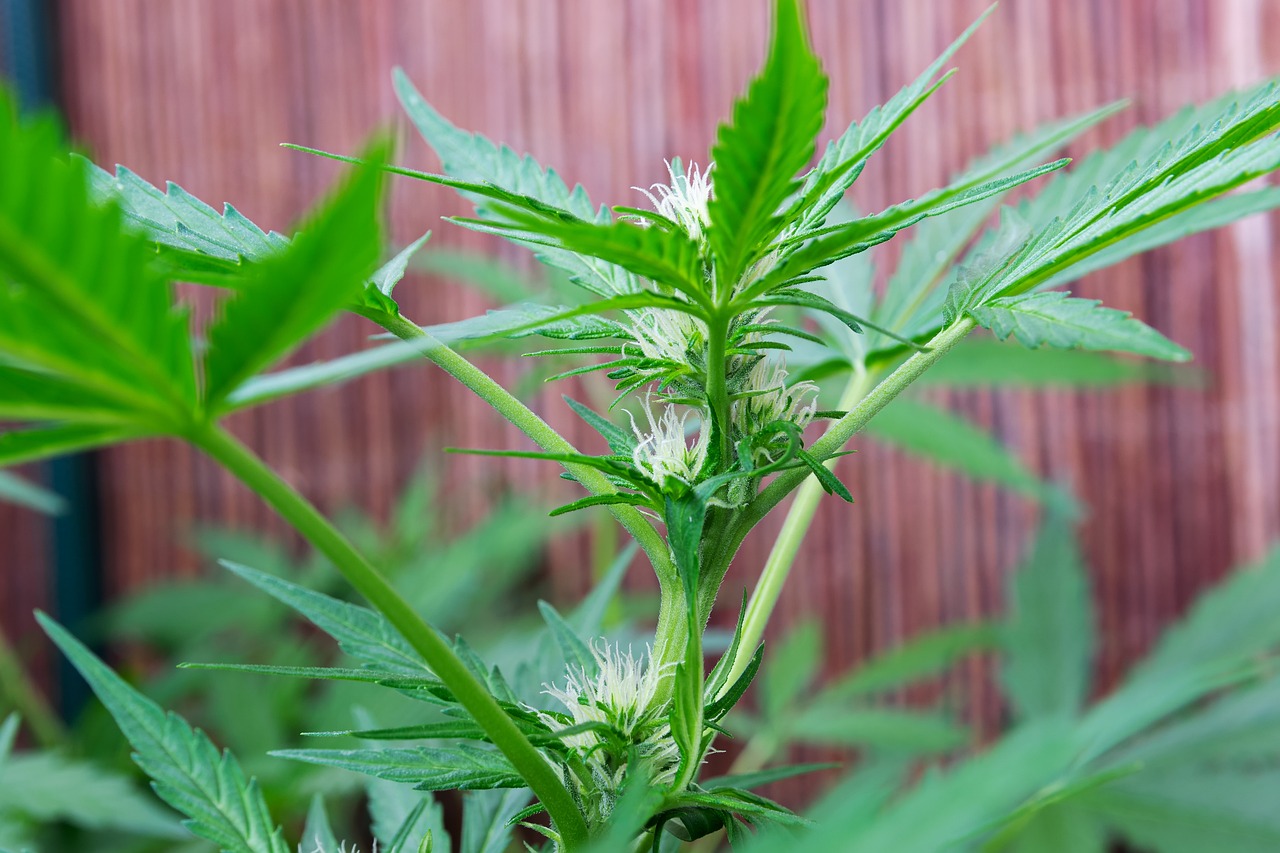In recent years, the cannabis industry has seen a surge in interest surrounding various cannabinoids, with THCA flower gaining significant attention. For those new to the world of cannabis, understanding what THCA flower is and how it differs from other cannabis products can be enlightening. This guide aims to provide a comprehensive overview of THCA flower you can have it from indacloud, its benefits, and how it can be used.
What is THCA?
THCA, or tetrahydrocannabinolic acid, is a non-psychoactive cannabinoid found in raw and live cannabis. Unlike THC, which is known for its psychoactive effects, THCA does not produce a “high” when consumed. This makes it an attractive option for those seeking the therapeutic benefits of cannabis without the mind-altering effects.
How THCA Converts to THC
THCA naturally converts to THC through a process called decarboxylation. This occurs when cannabis is exposed to heat, such as when smoking or vaping. The heat removes a carboxyl group from the THCA molecule, transforming it into THC. This conversion is why raw cannabis does not produce psychoactive effects until it is heated.
Benefits of THCA Flower
THCA flower offers a range of potential health benefits, making it a popular choice for medical cannabis users. Some of the reported benefits include:
- Anti-inflammatory properties
- Neuroprotective effects
- Anti-emetic (anti-nausea) benefits
- Potential anti-cancer properties
These benefits are supported by various studies, although more research is needed to fully understand the extent of THCA’s therapeutic potential.
How to Use THCA Flower
There are several ways to incorporate THCA flower into your routine. Here are some popular methods:
Juicing
One of the most common ways to consume THCA is by juicing raw cannabis leaves and flowers. This method preserves the THCA content, allowing users to benefit from its properties without experiencing psychoactive effects.
Topicals
THCA can be infused into creams and balms for topical application. This method is particularly useful for targeting localized pain and inflammation.
Tinctures
THCA tinctures are another popular option. These liquid extracts can be taken sublingually (under the tongue) for quick absorption into the bloodstream.
Legal Considerations
The legal status of THCA flower varies by region. In some areas, THCA is considered legal as long as it is not converted to THC. However, regulations can be complex, and it’s important to stay informed about the laws in your area.
Case Studies and Statistics
Several studies have explored the potential benefits of THCA. For instance, a study published in the British Journal of Pharmacology found that THCA exhibited anti-inflammatory properties in animal models. Another study in the Journal of Neuroimmune Pharmacology suggested that THCA might have neuroprotective effects, which could be beneficial for conditions like Alzheimer’s disease.
Statistics from the cannabis industry indicate a growing interest in THCA products. According to a report by BDS Analytics, sales of non-psychoactive cannabis products, including THCA, have increased by over 20% in the past year.
Choosing the Right THCA Flower
When selecting THCA flower, consider factors such as strain, cultivation methods, and cannabinoid content. Some popular strains known for high THCA content include:
- ACDC
- Harlequin
- Cannatonic
These strains are often favored for their therapeutic potential and minimal psychoactive effects.
Conclusion
THCA flower presents an intriguing option for those interested in the therapeutic benefits of cannabis without the psychoactive effects. With its potential anti-inflammatory, neuroprotective, and anti-emetic properties, THCA is gaining recognition in the medical cannabis community. As research continues to uncover the full range of benefits, THCA flower may become an increasingly popular choice for both medical and recreational users.
